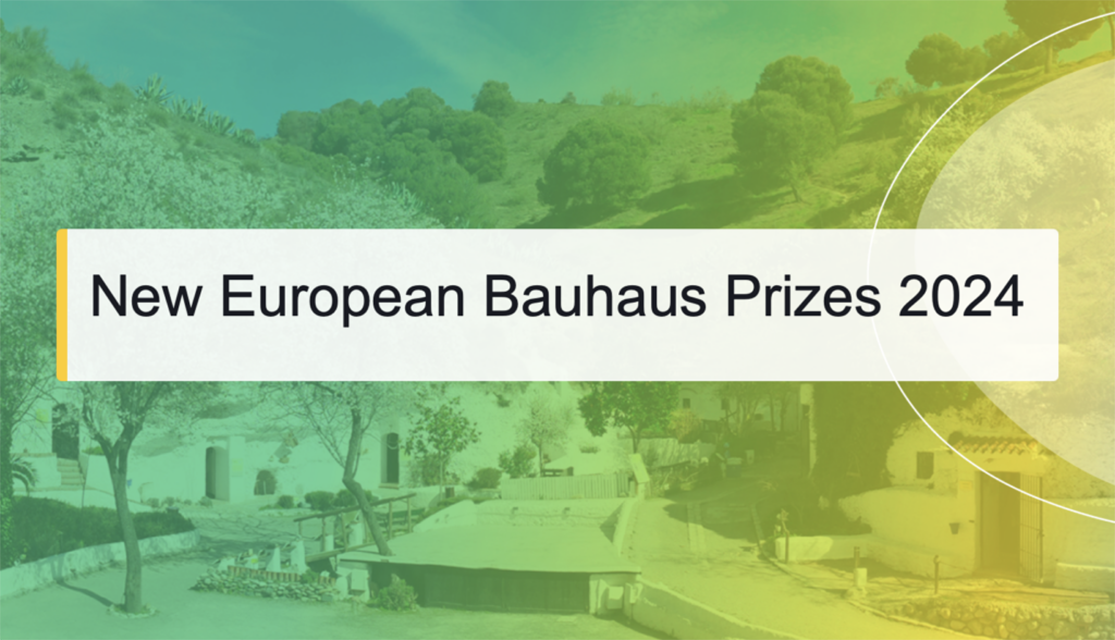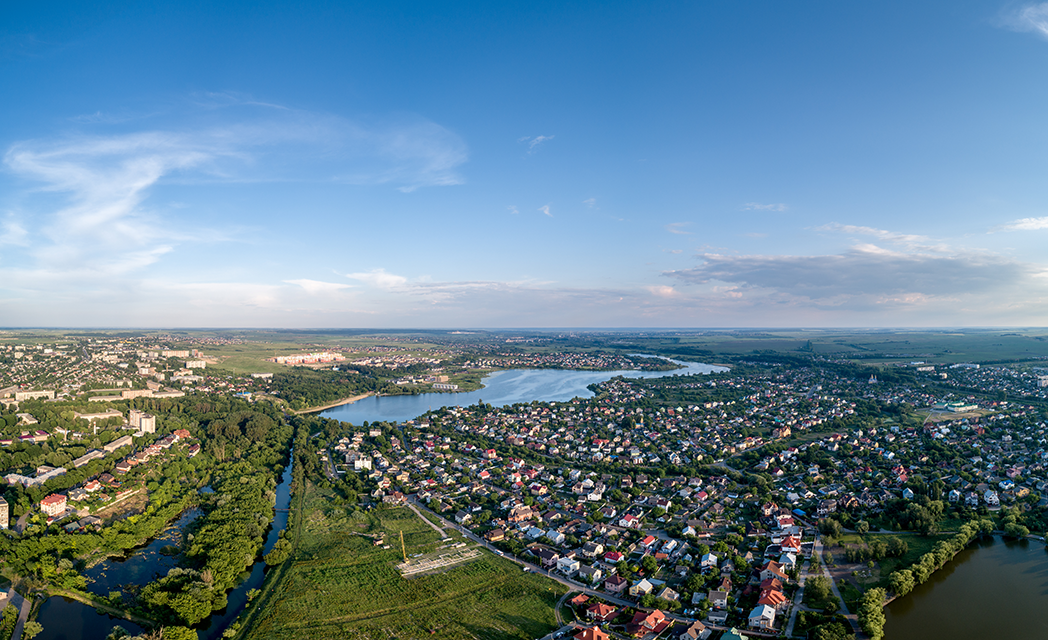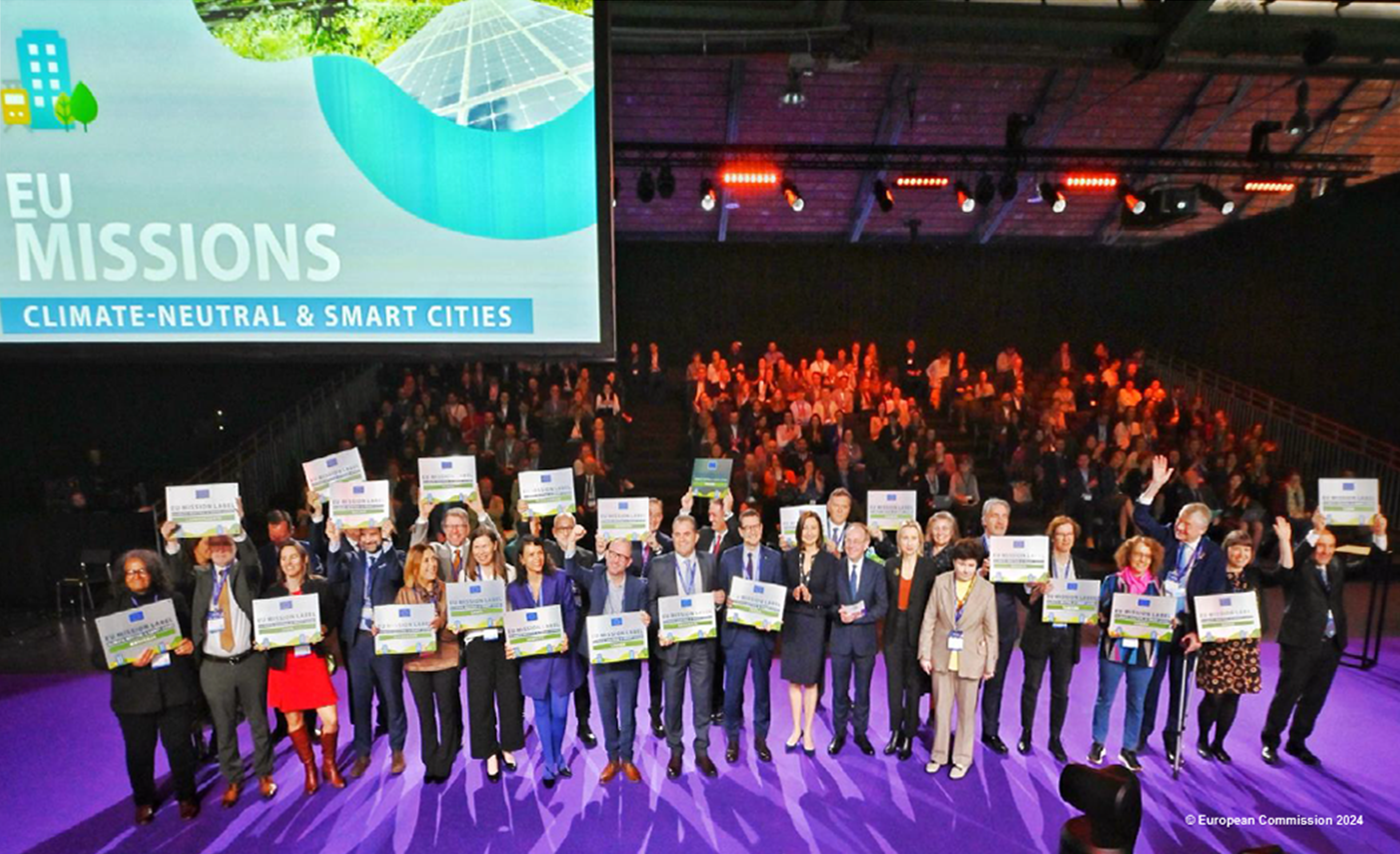The New European Bauhaus (NEB) awards, revealed earlier in April, spotlight 20 winning and runner-up projects that exemplify the initiative’s core values: sustainability, inclusivity, and a focus on the younger generation. This prize garners innovative ideas to benefit of local communities and society as a whole.
Organized into four distinct categories aligned with the thematic axes of transformation guiding the NEB, the awards recognise both established ‘Champions’ and promising ‘Rising Stars. Notably, among the distinguished winners, 9 Mission Cities participating in the Climate-Neutral and Smart Cities Mission stood out, underscoring their commitment to implementing innovative urban development initiatives that reflect the values of the New European Bauhaus.
In the awards for ‘Reconnecting with Nature’:
- Cluj-Napoca, Romania (Winner, Champion) claimed the top prize with their Făget Forest – Cluj’s Green Lung project. This initiative, which is central to the city’s Action Plan for Climate Neutrality within the EU Cities Mission, aims to transform the city’s largest forest into a metropolitan green belt, promoting climate mitigation, economic development, social inclusion, recreation, and tourism.
- Gothenburg, Sweden (Runner-up, Champion) impressed with Flytevi – Blue Urban Community Garden. This collaboration between the city and the university uses a platform where algae, mussels, and sea squirts thrive. It serves as an educational and research centre while fostering community engagement through activities focused on cultivating, harvesting, and cooking these sustainable food sources.
- Lisbon, Portugal (Runner-up, Rising Star) garnered recognition for Hydroscape – Greening Lisbon’s harbor and celebrating urban water and its processes. This project revolves around a water treatment facility that purifies runoff and sewage, creating constructed wetlands that double as a public park. The clean water finds further use in public baths, pools, and irrigation, while the treatment process generates energy for the plant and heating.
In the awards for ‘Regaining a Sense of Belonging’
- Amsterdam, Netherlands (Winner, Champion) stood out with SET Community Gardens. Located in a diverse neighbourhood, SET transforms a public space into a permaculture garden and community centre. By employing participatory co-design, the project fosters connections between generations and socio-cultural backgrounds.
- Budapest, Hungary (Winner, Rising Star) won the Rising Star award for Cooperative Ownership for Communities. This project reimagines a four-story building in an old industrial area. Using sustainable and circular renovation methods, the aim is to create an energy-efficient, inclusive, and accessible space for affordable housing and community activities.
- Sofia, Bulgaria (Runner-up, Champion) impressed with Concrete to Culture. Through a participatory design process involving locals, experts, and artists, a former office complex is reborn as a vibrant public space for arts, recreation, and shared activities. This project revitalises a previously neglected area, offering residents more accessible green spaces.
In the awards for ‘Prioritising Those in Need’
- Barcelona, Spain (Winner, Champion) championed social inclusion with their Rooftop Garden project. This initiative empowers people with disabilities through urban agriculture. Several rooftop gardens on municipal buildings are managed by entities supporting people with disabilities, promoting their well-being and offering locally grown produce to vulnerable populations.
- Marseille, France (Winner, Runner-up) convinced the jury with Yes We Camp . This initiative provides temporary, free-of-charge spaces for communities. Services include support for vulnerable populations, community kitchens, family-friendly areas, greening initiatives, and local events. In Marseille, Yes We Camp ran La Caravanade, a mobile programme offering participatory activities.
In the awards for ‘Shaping a Circular Future’
- Lisbon, Portugal (Winner Rising Star) secured a second Rising Star award with Urban_MYCOskin. This project harnesses the power of mycelium, mushroom roots, to decompose and bind agricultural and textile waste into a biomaterial. This sustainable alternative to traditional materials boasts minimal energy consumption, a lower carbon footprint, and even captures carbon dioxide during growth.
In the awards for ‘Audience Favourite’
The public voted to crown Sarajevo, Bosnia and Herzegovina as the champion with their Map4Water: One Thousand Fountains City project. This initiative aims to revitalise the city’s historic public fountains, ensuring access to clean water and fostering a sense of community.
The NEB awards showcase how cities are paving the way towards a greener, cleaner, and brighter future.





